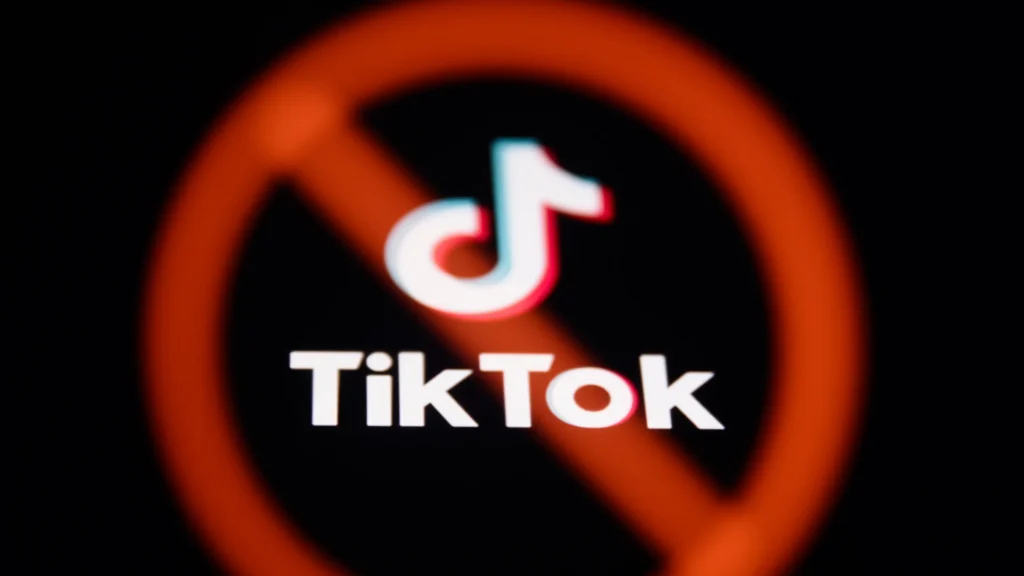
The TikTok Ban: Exploring the Implications for Users and the Tech Industry
In an unprecedented move that has stirred significant controversy and debate, TikTok, the popular social media platform known for its short-form videos, faces bans in multiple countries. This article delves into the reasons behind the bans, their impact on users and content creators, and the broader implications for the tech industry and global internet governance.
Why TikTok Faces Bans
The primary concerns leading to TikTok’s bans are data privacy, national security, and the potential for misinformation. Governments argue that TikTok’s data collection practices could allow sensitive user information to fall into the hands of foreign governments, particularly China, where TikTok’s parent company, ByteDance, is based. These fears are compounded by the app’s ability to influence public opinion through algorithms that could potentially be manipulated to promote specific political narratives or misinformation.
Impact on Users and Content Creators
For millions of users worldwide, TikTok is not just a platform for entertainment but a vibrant community and a significant source of income—content creators who have built large followings on TikTok risk losing their audiences and revenue streams overnight. The ban forces them to adapt quickly, seeking alternative platforms like Instagram Reels or YouTube Shorts, which may offer different levels of engagement or monetization opportunities.
Tech Industry and Market Dynamics
The ban on TikTok is reshaping the competitive landscape of social media. Rivals are quickly moving to fill the gap, enhancing their features and aggressively marketing to TikTok’s user base. This shift could lead to significant changes in market shares and influence among the leading social media platforms. Furthermore, the ban raises questions about market fairness and the role of government in regulating tech companies.
Global Internet Governance
The TikTok ban highlights the growing trend of “digital sovereignty,” where countries impose laws and regulations on the internet and technology companies within their borders. This approach challenges the global nature of the internet, leading to a fragmented landscape where access to information and services varies significantly from one country to another. The repercussions extend beyond social media, potentially affecting how global tech companies operate worldwide, requiring them to navigate a complex patchwork of national regulations.
Looking Forward
As the situation unfolds, the dialogue around TikTok’s ban will likely intensify, involving legal challenges, debates over digital rights, and discussions on international cooperation in cyberspace governance. The outcome will not only determine TikTok’s future but also set precedents for how similar situations might be handled globally. It is a pivotal moment that will define the intersections of technology, politics, and user rights for years.
Conclusion
The ban on TikTok serves as a critical case study in the challenges of balancing national security concerns with the benefits of a globally connected digital world. As governments, tech companies, and users continue to grapple with these issues, the decisions made today will shape tomorrow’s digital landscape, influencing how we interact, govern, and connect across borders in an increasingly digitized society.

